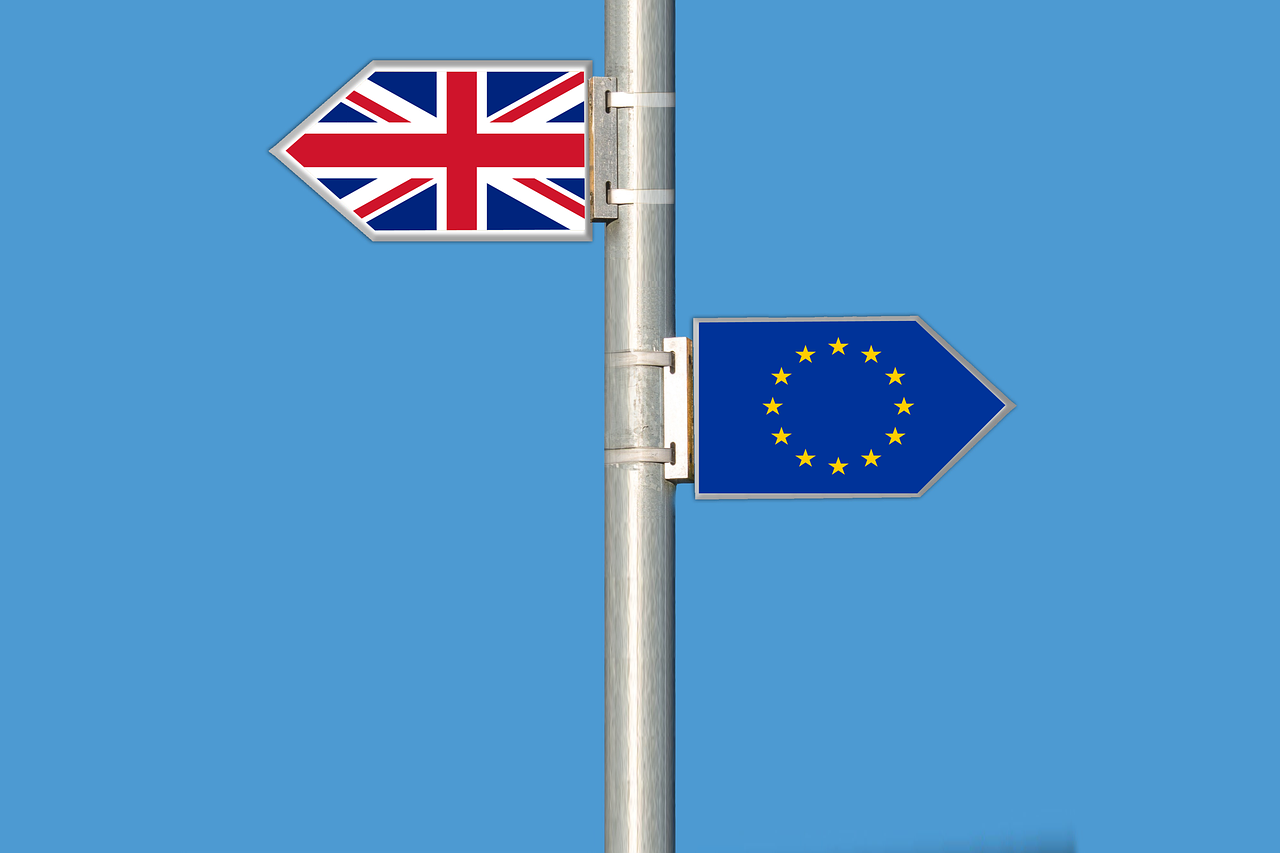Brexit, Article 50 and Your Business
No doubt you are aware of the situation with the UK voting to leave the EU (European Union) back in May 2016, which lead to Article 50 being triggered in March 2017. But if you're not entirely sure about the whole process, or how it affects your business, it can be a bit daunting or a cause for concern. But you're not alone. Searches for Brexit" peaked between 26th March and 1st April 2017, the week that Article 50 was triggered.
Brexit topped the chart in 2016, with it being the most searched news related term in the UK that year (followed by the US election). The What is...?" category also reveals that 3 out of the 5 top terms are Brexit related:
So, what exactly is Brexit?
If you're asking yourself this question, you're not alone. Hopefully the above search statistics from Google offers you comfort with that.
Brexit is made up of two words - Britain and Exit. It's the process of the UK leaving the EU which follows a referendum held in June 2016. The UK voted to leave the EU by 51.9% compared to 48.1% wanting to remain part of it.
The EU, is an economic and political partnership which involves 28 European Countries. It has since grown and is now often referred to as the single market, as goods can move between the countries as if it was just one.
What has happened to the UK economy since?
Interestingly, despite some key political figures (including former Prime Minister, David Cameron and his Chancellor of the Exchequer, George Osborne) predicting the economy will start to crumble, it didn't. In fact, in 2016, the UK economy grew by 1.8% which is second in the G7 nations, out performed only by Germany.
One thing that did happen however, is the UK pound fell in value. This meant that any business who is charged by suppliers elsewhere in the World, such as in the EU where they use the Euro, or the US where they use the dollar, were charged more as a result - purely because of the exchange rates.
So what's the plan?
Being a member of the EU brought with it many benefits - free movement, laws, single market, and more. However, the UK may lose some of these benefits as it prepares to separate from it. What will be lost and when isn't yet known as it's still a work in progress, and it will be until March 2019, when the 2 year timeline is up (that is 2 years from Article 50 being triggered).
The UK Government has however set out 12 objectives for their negotiations:
- Providing certainty and clarity
- Taking control of our own laws
- Strengthening the Union of the countries with the UK itself
- Protecting our strong and historic ties with Ireland and maintaining the Common Travel Area
- Controlling immigration
- Securing rights for EU nationals in the UK, and UK nationals in the EU
- Protecting workers' rights
- Ensuring free trade with European markets
- Securing new trade agreements with other countries
- Ensuring the UK remains the best place for science and innovation
- Cooperating in the fight against crime and terrorism
- Delivering a smooth, orderly exit from the EU
Source: www.planforbritain.gov.uk
To what extent the UK will remain part of the EU, in terms of agreements, is still a grey area, but this should become clearer over the next few months. More plans are being announced on a regular basis too.

How this will affect businesses is still a bit of a blur too, but things such as lower corporation tax has pretty much been ruled out.
Time will be a major factor here, and ensuring you are staying on top of the news will help you stay in the loop.
Further Reading
If you want to read more about the EU and the UK's plan to leave, you may find the following links useful:
- 17 Apr 2025 - Do I need an accountant, or can I just use software?
- 19 Mar 2025 - What if I can't pay my self assessment bill?
- 06 Mar 2025 - How do I make an employee redundant?
- 24 Feb 2025 - Is it the right time to get a dedicated office?
- 21 Jan 2025 - How to make your money work for your business
